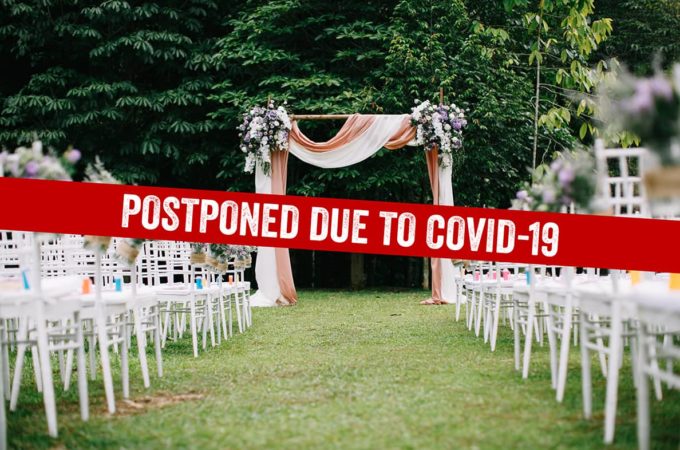This is Part II of my saga on addressing circumstances of incapacity, Part I can be found at: https://www.allaboutestates.ca/powers-of-attorney-for-property-implications-of-obtaining-a-formal-capacity-assessment/. Part II, being this blog post, addresses two situations that we, as estate planners, are commonly asked about: Director becomes incapable – who can sign for them? Shareholder (voting) becomes incapable…
An estate trustee does not have an obligation to provide a contingent beneficiary with an accounting; nonetheless, some form of accounting is generally done at the request of a contingent beneficiary. If accounts are not provided, a contingent beneficiary may bring an application to compel an estate trustee to pass…
January is kickstarting what seems to be the “Year of the Hats” for me. In addition to my usual winter hat and estate planner hat, this month I’m also fashioning my wedding planner hat, COVID style. As it turns out, planning a February wedding during a COVID lockdown actually means…
Imagine you have an interest in a privately held corporation, which corporation’s underlying assets include a valuable art collection. Perhaps on your death you would like the art collection, or certain pieces, to be given to your closest friend, with the remaining assets (represented by the shares in the corporation)…
Have you ever had this train of thought: ‘what happens now that X is losing capacity? Do I, as the appointed attorney for property, start acting gradually, as needed, or do I obtain a capacity assessment? What are the implications of obtaining versus not obtaining a capacity assessment, particularly when…
Today’s blog has been collaboratively written by Corina Weigl and Tamar Silverbrook. The fast paced, (often) time sensitive and adrenaline rushing nature of ‘estate freezes’[1] helps captivate us in the world of trust work. What is, however, particularly appealing is the ability to be creative. The trust and estate documents…
With Toronto’s real estate market being too hot to handle, clients more frequently are calling to review their estate plans in relation to their real estate holdings. Inevitably, such discussion occurs within the context of their overall planning, which may include the use of family trusts (i.e. inter vivos trusts…
Today marks a court-imposed deadline regarding legislative amendments to our laws on medical assistance in dying (“MAiD”). This topic, although heavy, has been important to me, particularly over the past year. As recently as the US election, someone close to me was scheduled for MAiD. As her date was approaching,…
In the context of estate planning, I constantly am reminded of the need for a proficiency in family law. Here’s one reason why. One of the key questions we ask clients is, “Do you have a marriage contract?” The role of a drafting lawyer isn’t, in my view, to simply…
Today’s blog was co-written by Corina Weigl, Partner at Fasken LLP. The recent Ontario Court of Appeal (“ONCA”) decision Climans v Latner[1] (“Latner”) highlights a trap for the unwary. For the purposes of awarding spousal support, clients may be found to be common law “spouses” despite maintaining separate residences. The…





